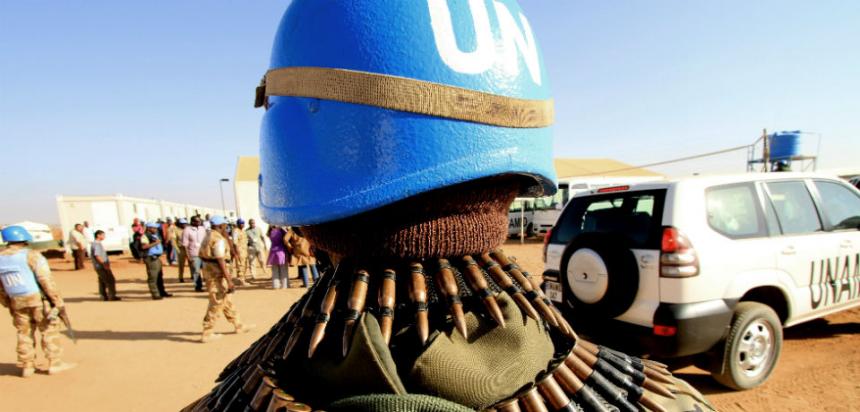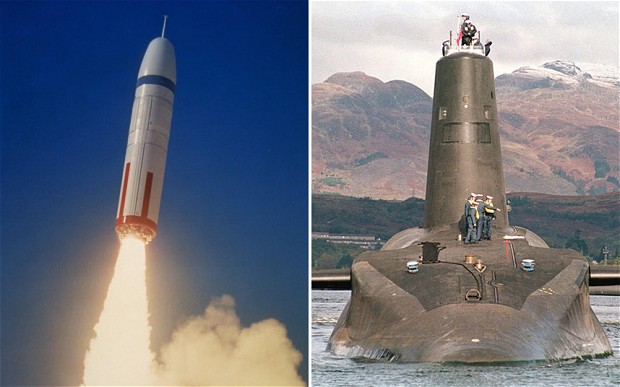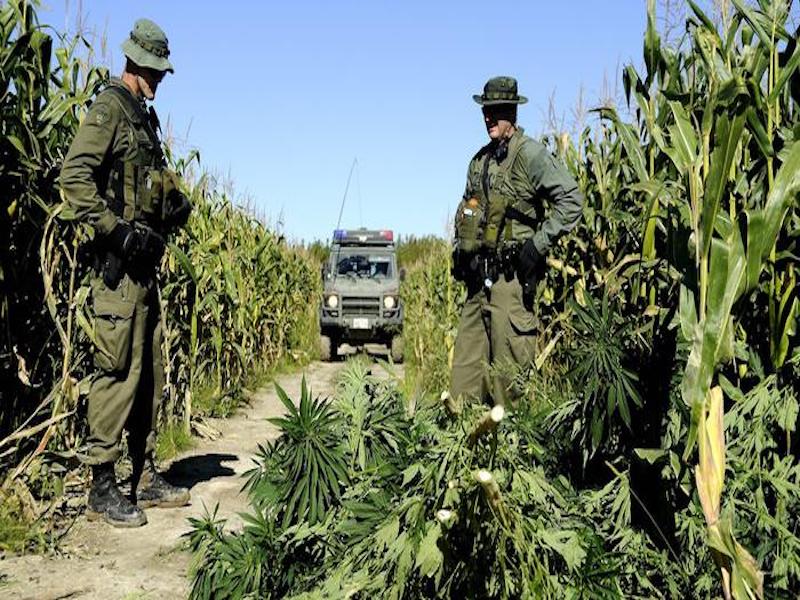The Importance of Peacekeeping
Peacekeeping is not a policy in itself, but rather a key tool to deliver on policy goals. Peacekeeping supports conditions that favor lasting peace, and allow countries the time to overcome conflicts, achieve stability and address capability gaps. With increasingly complex mandates, current peacekeeping missions now operate under UNSC chapter 7 authority, which allows them to use force to protection themselves as well as civilians in hostile environments. To address the ever changing challenges presented by intrastate conflict, it is essential that we see a shift from traditional forms of peacekeeping and tailor operations to address the needs on the ground.
While it is essential to recognize that no two missions are the same, there are some core principles that are transferable across all missions:
- There must be a peace agreement
- The protection of civilians must remain the core task, otherwise the mission loses credibility and effectiveness.
- We must focus not only on a mission’s success, but also ensuring the successful transition of power back to government
- It is essential to ensure the effective implementation of the UN’s policy of zero tolerance of sexual exploitation and abuse
- Leadership in these missions is a determining factor
- Peacekeeping needs reflect the current economic climate and advocate fiscal discipline in peacekeeping budgets
Addressing conflict once it has erupted it costly both financially and in terms of human life. Peacekeeping remains the most cost effective way to maintain peace, prevent future conflicts and rebuild societies emerging from war.
A study found that ”deploying UN peacekeepers reduces the hazard that the country will slide back into all-out war by 50%, while an additional report determined that the first three years after a conflict, UN peacekeeping missions have a substantial effect of GDP, with annual growth rates nearly 2.4% higher in post-conflict countries where peacekeeping missions were present.”
Moreover, international peacekeeping initiatives facilitates burden sharing and allows missions to draw upon the economic and human resources of the international community so that no individual country is charged with shouldering the costs of building peace and restoring stability. Multilateral peacekeeping operations also reduce the need for unilateral intervention which bolsters the international legitimacy of such missions and promotes international cooperation and collective security. 
International peacekeeping operations have also helped in preventing the collapse of weakened states by supporting peace agreements, demobilizing combatants, facilitating humanitarian efforts, training security forces and fostering conditions for reconciliation. Such operations can also help to promote democracy and build capacity for sustainable governance in the post-war context. Each of these factors contributes to regional stability and limits breeding grounds for radical groups which is ultimately in the interest of international security.
Challenges
Since 2001, the issue of sex trafficking and sexual exploitation has been of serious concern. Despite leadership initiatives which have undertaken in this area, there is still a persistent problem. It is essential to ensure that blue helmets of UN do not create a situation of abuse with the very people they are sent to protect. To address this issue various measures have been taken, including raising the issue bilaterally, increasing sexual/gender programs at peacekeeping training centers and revising the curriculum of these programs. While preventative steps continue to be taken, there is no uniform response when these acts do occur as each country differs in its capacity to address the situation.
With respect to systemic weaknesses, despite financial contributions, many peacekeeping operations continue to lack adequate funding. A lack of resources has proven to be the most significant obstacle to effective peacekeeping missions. As a result, there is a lack of capacity to undertake complex mission planning that is required to execute missions. This has reinforced the tendency of individual country contingents to plan and execute operations with only minimal or ad-hoc coordination. Limited resources have resulted in strategic gaps due to the discrepancy between the real cost of the operation and what many countries are willing to pay.




